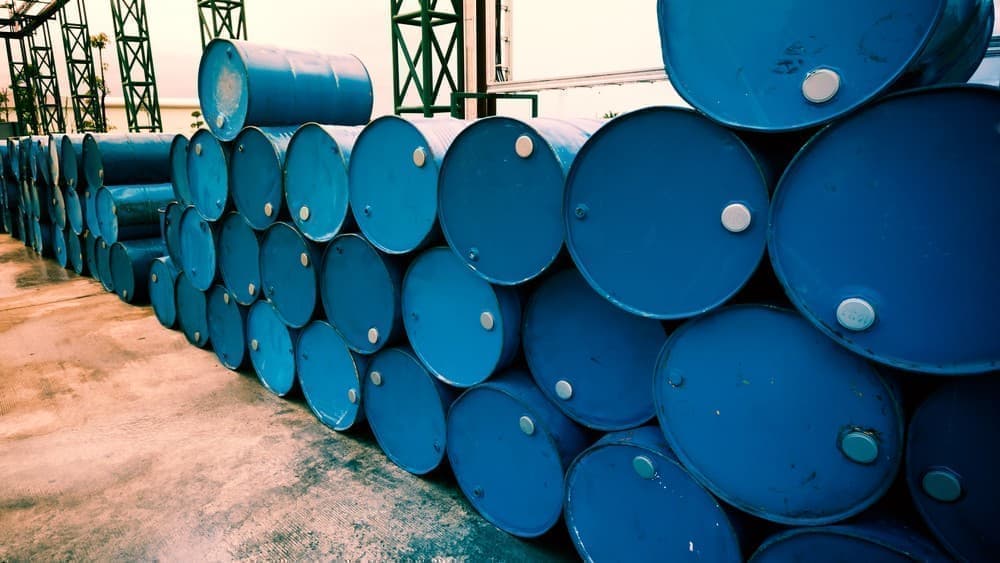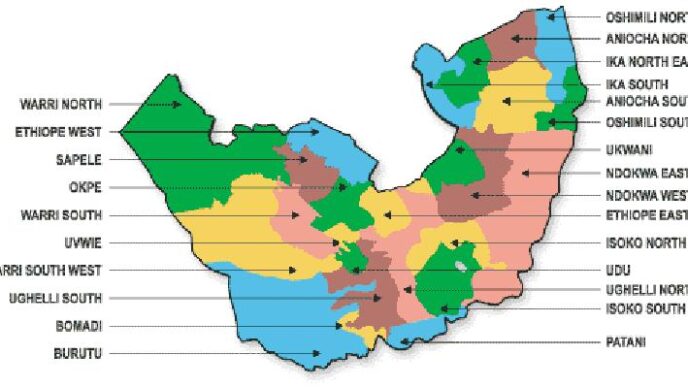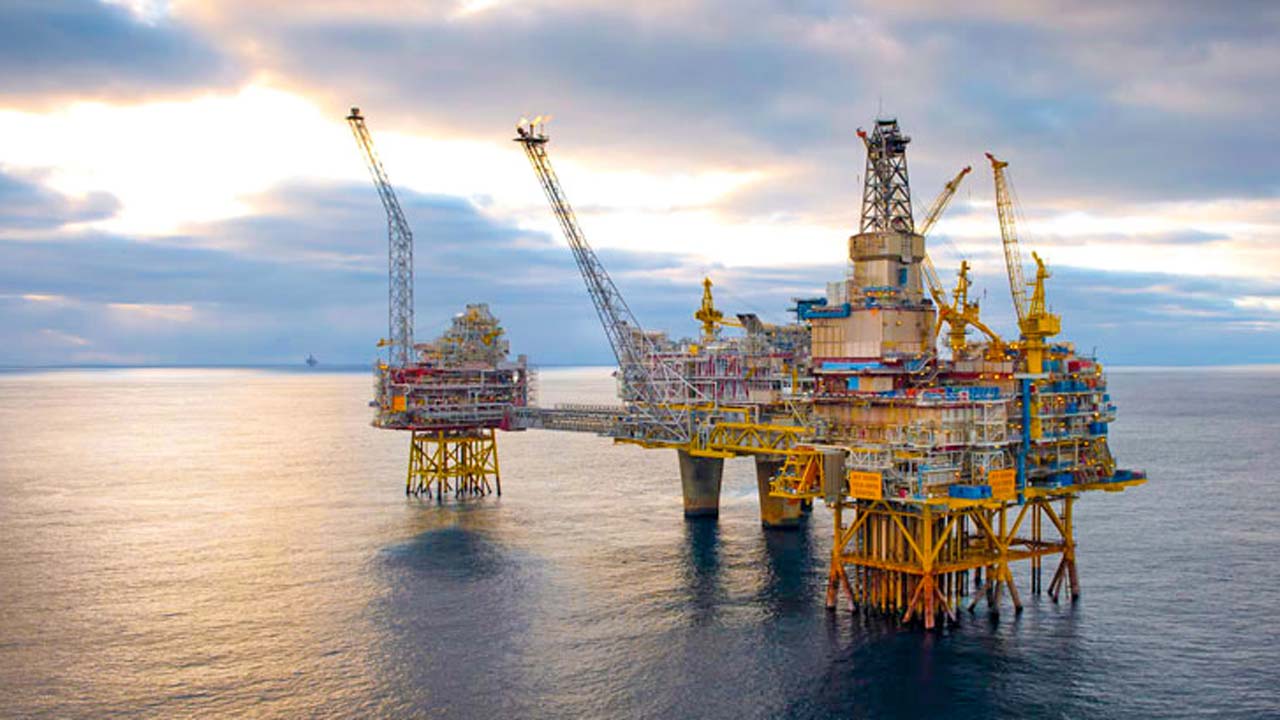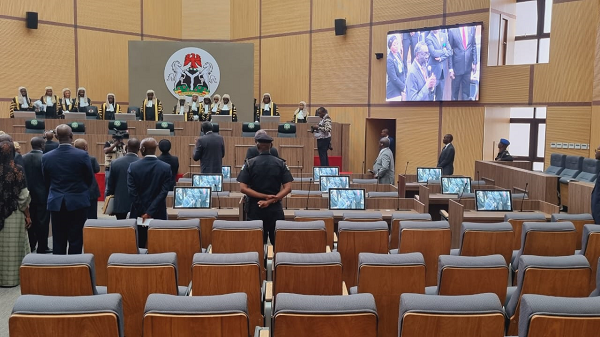BY THADDEUS OKOROCHA
Recently, Dr. Olisa Agbakoba, one of Nigeria’s most respected lawyers, called for the repeal of the Petroleum Industry Act(PIA) 2021. Dr. Agbakoba ‘s main grouse with the PIA as he put it, is that under the PIA, the Nigerian National Oil Company (NNPC) Limited is playing dual roles of operator and regulator.
As someone who has operated in the Nigerian petroleum sector, I respectfully disagree with the learned Dr. Agbakoba and I will explain why shortly. For context, let me make a point about the PIA. In 2021, the Petroleum Act, which for decades had been document regulating activities in the oil and gas sector in Nigeria.
It was replaced by the Petroleum Industry Act 2021), signed into law on August 16, 2021 by the then President Muhammadu Buhari.
One key aims of the PIA was to deregulate pricing of petroleum products in the downstream sector of the oil and gas industry in Nigeria. Specifically, Section 205(1) of the Act states:
“Subject to the provisions of this section, wholesale and retail prices of petroleum products shall be based on unrestricted free market conditions”.
Advertisement
On a broader level, the PIA came into being to restructure operations in the oil and gas sector and introduce sanity and entrench a regime of transparency. A major step in this regard was the scrapping of three major agencies regulating activities within the midstream, downstream and upstream sectors of the industry.
The Petroleum Equalization Fund (PEF), Petroleum Products Pricing Regulatory Authority (PPPRA )and the Department of Petroleum Resources (DPR), which had exercised regulatory authority in the industry where scrapped and two new agencies-the National Upstream Regulatory Commission (NUPRC) and the Nigerian Midstream Downstream Petroleum Regulatory Authority (NMDPRA ), created to perform their former roles as regulators in the midstream, downstream and upstream sectors.
Whilst the NUPRC was saddled with the responsibility of regulating the upstream sector, the NMDPRA was given the task of regulating the midstream and downstream sectors. The functions of these agencies are clearly spelt out in the PIA. In Section 6 of the Act, the NUPRC is empowered to among other functions:
Advertisement
▪Regulate upstream petroleum operations including technical, operational and commercial activities
▪Ensure compliance with all applicable laws and regulations governing upstream petroleum operations
▪Ensure that upstream petroleum operations are carried out in a manner to minimized waste and achieve optimal government revenues
▪Promote healthy, safe, efficient and effective conduct of upstream petroleum operations in an environmentally acceptable and sustainable manner
For the NMDPRA, the PIA empowers it to among other duties to:
▪Regulate midstream and petroleum operations including technical, operational and commercial activities
▪Ensure compliance with all applicable laws and regulations governing midstream and downstream petroleum operations
▪Promote healthy, safe, efficient and effective conduct of midstream and downstream petroleum operations in an environmentally acceptable and sustainable manner
▪ Promote a competitive market for midstream and downstream petroleum operations.
▪ Promote the supply and distribution of natural gas and petroleum products in midstream and downstream operations and the security of natural gas supply for the domestic gas market
Apart from these two agencies, the only other authority empowered by the PIA to exercise any form of supervision over the petroleum industry in Nigeria is the Minister of Petroleum. In Section 3 the Act spells out his duties among others as to:
▪ Formulate, monitor and administer government policy in the petroleum industry
▪Exercise general supervision over the affairs and operations of the petroleum industry in accordance with the provisions of the Act
▪Represent Nigeria at international petroleum organisation on petroleum matters
▪ Promote an enabling environment for investment in the Nigerian petroleum industry
▪Negotiate treaties or other international agreements on matters pertaining to petroleum on behalf of the government
There is nowhere else in the Act where any other entity is listed or authorized to perform any regulatory function. This includes even the NNPCL that Dr. Agbakoba has accused of acting has one. As a matter of fact, one of the reasons for the coming into being was to end the NNPC’S role as both a competitor and regulator in the petroleum industry. Many stakeholders in the industry had kicked against the unfair advantage conferred on the NNPC as one setting the rules and also as a player in the market.
The PIA thus came to end that regime of unfair competition by providing a level field for players in the Petroleum sector. This is very clear in its treatment of the NNPC. In Section 53(1) the Act says:
“The Minister shall within six months from the commencement of this Act, cause to be incorporated under the Companies and Allied Matters Act, a limited liability company, which shall be called Nigerian National Petroleum Company Limited (NNPC Limited). In Section 54(1,2,3), the Act talks about the status of the old NNPC as follows:
(1) The Minister (of Petroleum )and Minister of Finance shall within 18 months of the effective date and determine the assets and liabilities of NNPC to be transferred to NNPC Limited or its subsidiaries and upon identification, the Minister shall cause such assets, interests and liabilities to be transferred to NNPC Limited.
(2) Assets, interests, and liabilities of NNPC not transferredto NNPC Limited or its subsidiaries under subsection( 1), shall remain the assets, interests and liabilities of NNPC until they become extinguished or transferred to the government and six months following the determination under Section 54 (1) of this Act, the Minister, the Minister of Finance and the Attorney-General of the Federation shall develop a framework for the payment of the liabilities not transferred to the NNPC Limited and if such determination of which assets, interests and liabilities has not been concluded withinthe stipulated period of 18 months, all the assets, interests and liabilities of NNPC is determined to be transferred to NNPC Limited after 18 months from the effective date.
(3) NNPC shall cease to exist after its assets, interests and liabilities transferred to NNPC Limited or its subsidiaries under subsection (1) shall have been extinguished or transferred to the Government.
The section above talks about the coming into being of the NNPCL. In Section 64, the specific functions of NNPCL are listed as follows:
(a) carry out petroleum operations on a commercial basis, comparable to private companies in Nigeria carrying out similar activities including exemption to Public Procurement Act, Fiscal Responsibility Act and Treasury Single Account.
Advertisement
(b) NNPC Limited to be vested as the concessionaire of all Production Sharing Contracts (PSC), Profit Sharing and Risk Service Contracts as the National oil company on behalf of the Federation in line with its competencies:
(c) lift and sell royalty oil and tax oil on behalf of the Commission and the Service respectively for an agreed commercial fee and in the case of profit oil and profit gas payable to the concessionaire, NNPC Limited shall promptly remit the proceeds of the sales of the profit oil and profit gas to the Federation less its 30% for management fee and Frontier Exploration Fund as specified in section 9 (4) of this Act;
(d) carry out test marketing to ascertain the value of crude oil and report to the Commission;
(e) be vested with the rights to natural gas under production sharing contracts entered into prior to and after the effective date of this Act:
(f) carry out the management of production sharing contracts for a fee, based on the profit oil share or profit gas share in accordance with paragraph (c);
(g) with respect to any joint operating agreement in which NNPC is a party on the effective date assume the working interest held by NNPC irrespective of whether such licence or lease is converted under section 92 of this Act;
(h) engage in the business of renewables and other energy investments;
(i) promote the domestic use of natural gas through development and operation of large-scale gas utilisation industries:
(j) maintain the role of NNPC, under section 54 of this Act;
(k) carry out task requested by the Commission or Authority on a fee basis and generally engage in activities that ensure national energy security in an efficient manner, in the overall interest of the Federation;
(l) carry out such other tasks as may be determined by the Board of NNPC Limited; and
(m) make NNPC Limited supplier of last resort for security reasons and all associated costs shall be for the account of the Federation.
I have reproduced the entire functions of NNPCL as listed under the PIA so the public can see there’s nowhere the company is empowered to act as a regulator and contrary to the position canvassed by Dr. Agbakoba, NNPC Limited has not been engaged either in fixing prices of petroleum products or playing any regulatory role. Indeed, in addition to Section 205 referenced earlier, Sections 206 and 207 provide for a deregulated market as currently operates in the downstream sector.
Advertisement
Under the deregulated market, every marketer is allowed to determine the price of its products as it deems fit, taking market forces into consideration. Based on this principle, NNPC Ltd through its Downstream subsidiary, NNPC Retail Ltd, fixes the prices of its products. It does not fix prices for the entire market as other marketers are at liberty to set their own prices based on market realities. This is the reason NNPC Retail stations in Abuja sell Premium Motor Spirit (PMS) at N617 per litre while other marketers sell at various prices. Similar conditions prevail across the country with different marketers selling petroleum products at different prices. If the secto was still regulated, it would be the duty of the NMDPRA to fix prices and not NNPC Ltd as a player in the industry.
On the claim that NNPC Ltd is the sole importer of petroleum products, this is also not true. Other marketers import AGO and ATK (diesel and aviation fuel). The reason they are not able to engage in the importation of PMS has to do with foreign exchange issues. But the PIA, apparently envisaging situations like this, provides that NNPC Ltd should serve as a supplier of last resort to guarantee energy security. This is very explicit in Section 64 of the PIA. That is the reason NNPC Ltd is currently the sole importer of PMS (not all petroleum products), and that does not in any way make it a regulator.
NNPC Ltd has since moved on to assume its statutory role as a commercial operator in the entire value chain of the energy industry. It has further sealed its status as a commercial operator with declaration of ₦2.52 trillion and ₦674 billion profit after tax in 2021 and 2022 respectively.
Advertisement
It is thus clear from every available evidence that Dr. Agbakoba missed the mark with his accusations against the NNPC Limited. He seems to have failed to make the distinction between the operations of the old NNPC and the new commercially oriented and driven successor company.
Advertisement
Views expressed by contributors are strictly personal and not of TheCable.
Add a comment








